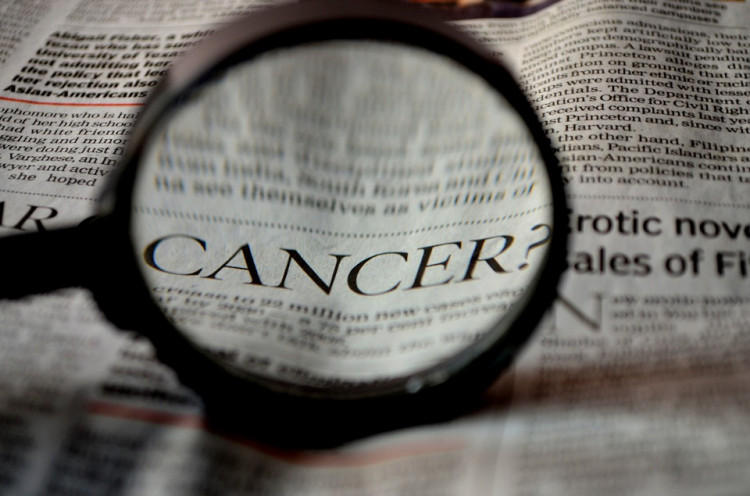There's a lot of information about cancer on the internet, but not all are true. Some information can be wrong and misleading, but others tend to still believe it. Misconceptions regarding cancer are prevalent, which were the common subject of chain e-mail messages, as well as viral social media posts.
We should always read on science-based facts to prevent ourselves from reading and believing to some misleading information. Now, here are the four common cancer myths that were already debunked, as per Medical Daily.
Dark-skinned people don't need to worry about having skin cancer
Dark-skinned people tend to have more melanin in the body. And while it's true skin cancer is more common among light-skinned people, having more melanin doesn't mean it would completely ward off skin cancer. It is still important to wear sunscreen and check out for unusual lesions. Don't underestimate the risk and don't ignore possible symptoms as it could make treatment more difficult.
According to Dr. Maritza Perez, associate professor of clinical dermatology at Columbia University, a lot of patients and doctors think dark-skinned people are immune to skin cancer, which leads to a delayed diagnosis. In some cases, she said the disease is advanced and potentially fatal once detected.
Cancer patients need to constantly rest during the treatment
Cancer patients, as well as survivors, were usually advised to avoid being inactive. A study also suggests exercise could help counter psychological and physical effects of cancer and the treatment. Exercise was also linked improved quality of life and reduced fatigue.
But aside from cancer patients and survivors, non-cancer patients were also advised to follow physical activity guidelines to maintain good health. A 2016 research also noted exercise is associated with a decreased risk of 13 types of cancer.
Frequent use of antiperspirants increase cancer risk
According to the National Cancer Institute, there's no scientific evidence that antiperspirants could increase cancer risk, such as breast cancer. Aluminum is an ingredient usually found in such products and can be toxic in high doses. But, you're only exposed to a minimal amount when using it and the body does not absorb it as well.
Only women can develop breast cancer
Men were born with a small amount of breast tissue, meaning they're also at risk of developing breast cancer. But of course, the chances are much lower than women since they tend to have a higher amount of breast tissue. Still, Mayo Clinic noted men over the age of 60 see a higher incidence. Some risk factors also include taking estrogen-related drugs, obesity, family history of cancer, and liver disease.






